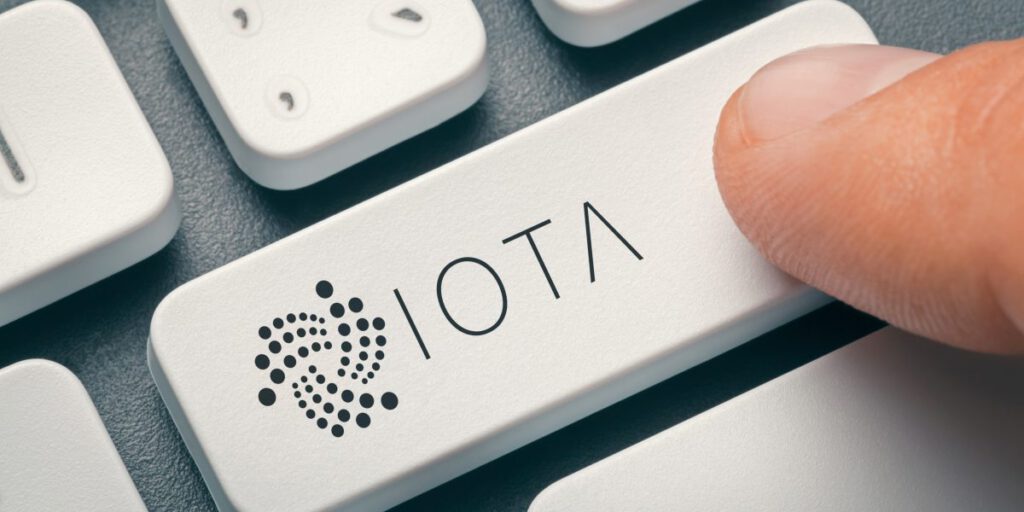- The IOTA network finds its use cases across a range of industries including automobile and mobility, the healthcare sector, smart cities infrastructure, etc.
- The DAG-based IOTA Tangle technology provides enough flexibility for IOTA to scale as per the demand.
The IOTA network is once again gaining ground and getting popular among blockchain users. The recent developments with respect to its Tangle ecosystem and the launch of the Shimmer Network have propelled IOTA’s growth further.
IOTA is an open-source distributed ledger technology (DLT) that employs the more efficient Directed Acyclic Graph (DAG) structure to store transactions on its ledger. This gives IOTA greater scalability over any other distributed ledger network.
Due to its DAG structure, the IOTA network has been very much popular in real-world applications of supply chains. Besides, it is also very popular in the Internet-of-Things (IoT) industry which requires pretty fast communication and transactions across an entire ecosystem of devices.
The IOTA token seeks to serve almost every other use case applicable in real life. In a random Twitter message, the crypto exchange Exchange asked what use case you plan to have for your token. A Twitter user @ThomasQvOG responded:
Pretty much everywhere a token can be used, and for everything else, the tech around it. Sort of like what we are about to see with @shimmernet and @iota shortly. Might be a good idea to list both before demand goes trough the roof.
The IOTA network finds its use cases across a range of industries including automobile and mobility, the healthcare sector, smart cities infrastructure, etc.
Understanding IOTA Tangle and Shimmer Network
The IOTA Tangle network is a data architecture based on Directed Acyclic Graph (DAG). Unlike most blockchain networks wherein blocks are connected linearly, the Tangle network involves an interconnected web of blocks.
Based on the demand, the IOTA Tangle is flexible enough to expand and contract accordingly. Furthermore, Tangle also doesn’t rely on miners to add new blocks to the network. Tangle makes the IOTA network secure with two rounds of verification to avoid any issues of double-spending.
The DAG-based unique architecture of Tangle also eliminates any scalability and cost-related issues faced by most blockchains. Thus, IOTA facilitates secure data transfers even with zero transaction fees. This is what makes IOTA completely suitable for an IoT economy that requires a lot of securely exchanged data.
Also, with its DAG structure, the IOTA Tangle network is highly energy efficient with a very minimal energy footprint. With IOTA 2.0, the team is now working toward future developments moving further on its path to attain complete decentralization.
IOTA recently launched its Shimmer network which will serve as the testing ground to bring new innovations to the IOTA blockchain. The Shimmer Network comes with its native $SMR tokens powering a large ecosystem of smart contracts-driven crypto projects and other decentralized organizations.


